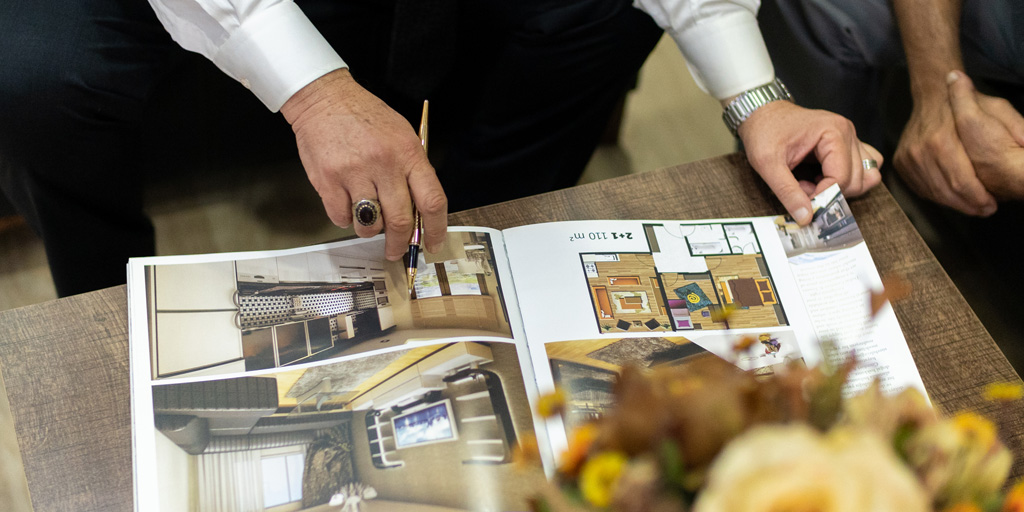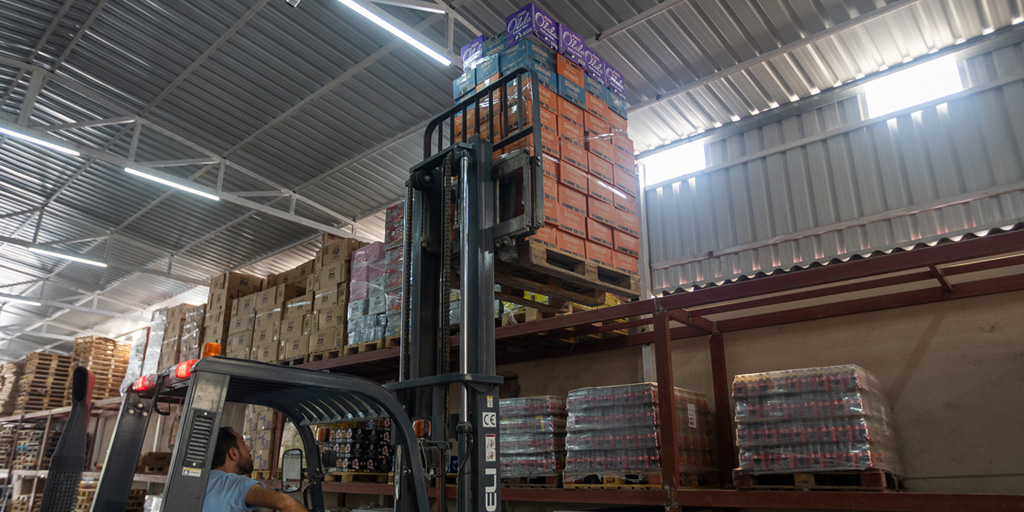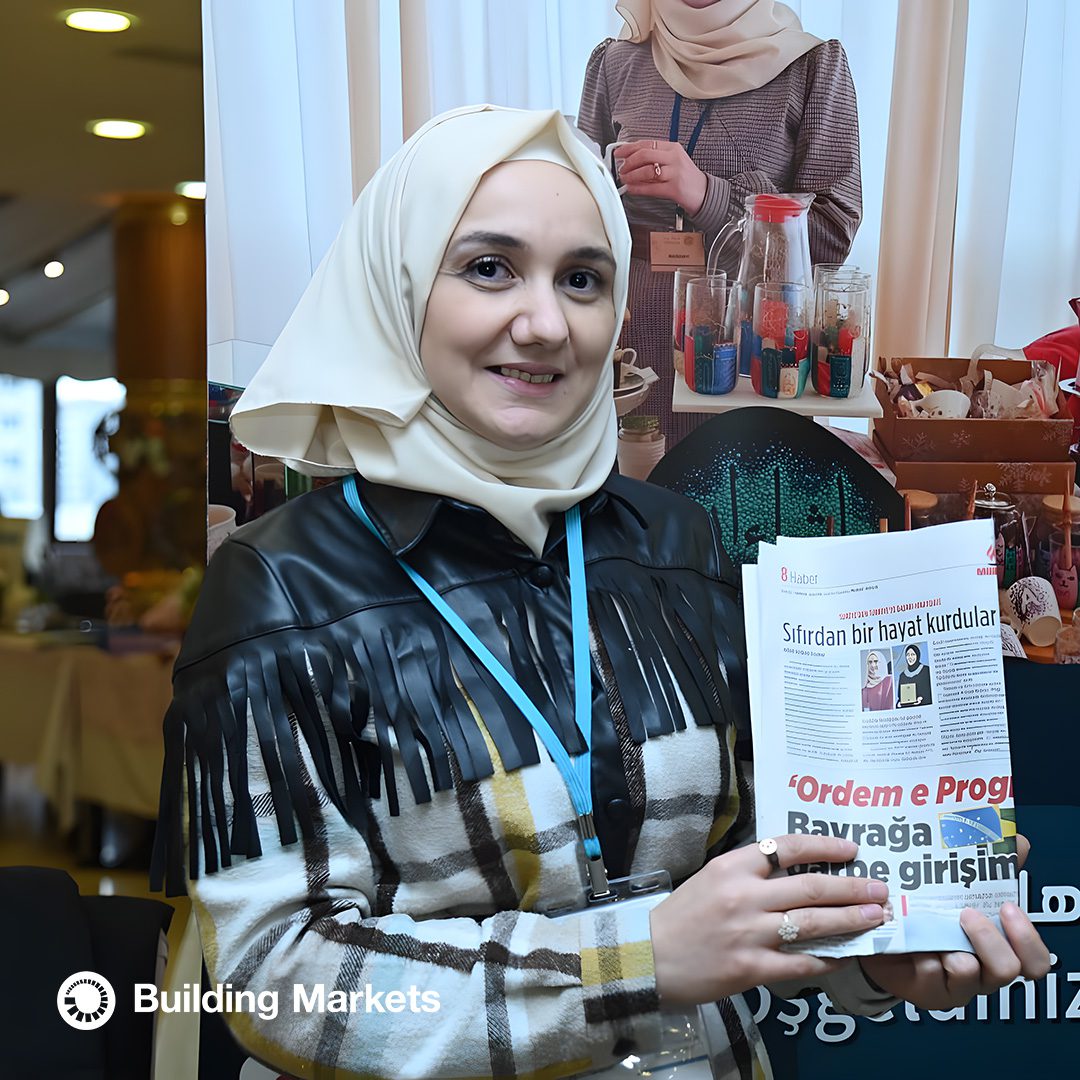 Augustine Sartie started his IT installation business, called Diamond Communications, out of his car in 2006, building up his client base one installation at a time. Since then, he has grown his business to include the sale of IT products and a store in central Monrovia. He began selling equipment, the same equipment that as a service provider he would previously recommend to his clients. “I didn’t have computers so I would have to send clients to [other companies] that can supply the products,” Sartie said. “So I started buying computers myself. The money stays here now, it doesn’t go to other companies.” His store and the adjoining warehouse are filled with boxes of products waiting for buyers.
Augustine Sartie started his IT installation business, called Diamond Communications, out of his car in 2006, building up his client base one installation at a time. Since then, he has grown his business to include the sale of IT products and a store in central Monrovia. He began selling equipment, the same equipment that as a service provider he would previously recommend to his clients. “I didn’t have computers so I would have to send clients to [other companies] that can supply the products,” Sartie said. “So I started buying computers myself. The money stays here now, it doesn’t go to other companies.” His store and the adjoining warehouse are filled with boxes of products waiting for buyers.
Diamond Communications began using the SMI-L’s Tender Distribution Service, receiving emails and SMS messages of tenders for IT products and services requested by buyers in Monrovia. As of January 31, the SMI-L, which is funded by the US Agency for International Development (USAID), has collected 670 tenders and sent out over 53,775 SMS and emails to Liberian businesses. Sartie often bids on tenders from various buyers but has become frustrated by the process because he has not won any contracts this way. “Sometimes people are used to certain institutions or types of people that they want to do business with. They don’t trust a new local business like me that can fit their needs,” Sartie said.
The SMI-L’s Matchmaking team provided the confidence that Sartie needed for his first contract with the NGO Samaritan’s Purse. Their logistics coordinator contacted the Matchmaking team, requesting repair services for an Internet modem. When the Matchmaking team receives requests for products or services from buyers, they locate capable local suppliers that can meet those requests based on the specifications provided by the buyer. The team contacted five suppliers and recommended two of them to Samaritan’s Purse in the form of a matchmaking report. At that point, the buyer decides which business to engage. Samaritan’s Purse chose Diamond Communications. The contract was a one-time contract worth $2,100.
The USAID-funded, SMI-L is a trustworthy source that buyers depend on to find capable local suppliers. Successful matches build buyers’ confidence in suppliers’ capabilities and in the local market more generally, encouraging them to buy more locally. By January 31, the Matchmaking service had matched eight suppliers with buyers for a total contract value of $219,625. Through all of its services, the SMI-L helped local businesses win $4,185,802 worth of contracts.
Due to SMI-L facilitation, organizations such as Samaritan’s Purse are connected to local suppliers, such Diamond Communications. “Because Building Markets told them about us, they were comfortable coming here,” Sartie said. He is optimistic that fulfilling this request will lead to more opportunities to work with Samaritan’s Purse. In the near future, Sartie would like to grow his business by hiring more employees and expanding the office space.
Currently, Diamond Communications employs eight people. He understands firsthand the power a job can bring to Liberians. Through SMI-L services local businesses build a track record and references that strengthens their ability to grow and expand. Supporting local businesses creates and jobs, increases the tax base, and sustains peace.
Tags : Augustine Sartie Diamond Communications job creation matchmaking Samaritan's Purse tender distribution
More from this author -
Latest News -

PDT – First Annual Plan of Action
Uncategorized

New assistance for local businesses available from Peace Dividend Trust
Uncategorized



![[Press Release] Building Markets Awarded Grant from the Nasdaq Foundation to Empower Women Entrepreneurs in Colombia](https://buildingmarkets.org/wp-content/uploads/2024/03/Nasdaq-Partnership-Announcement-2.jpg)